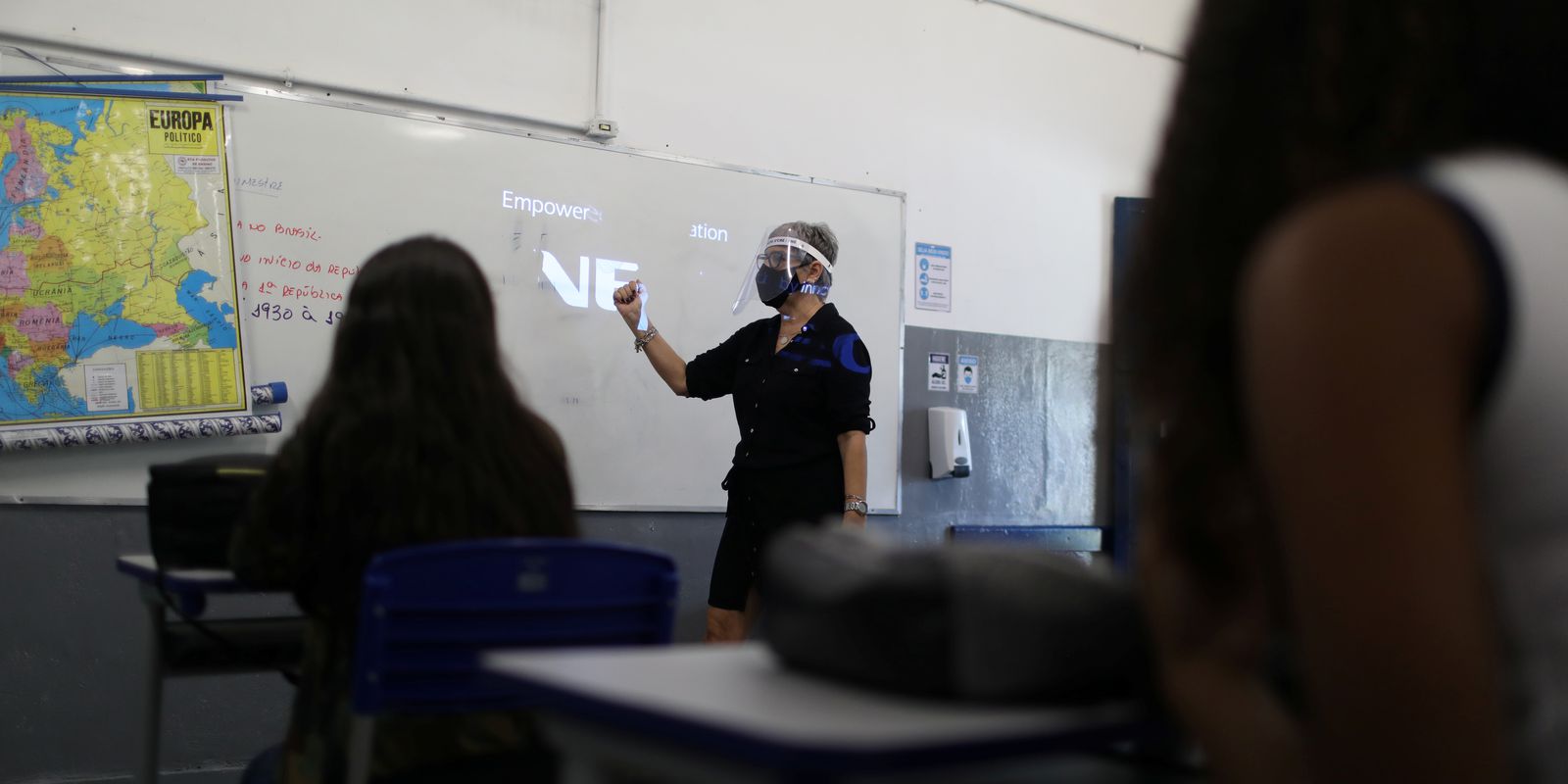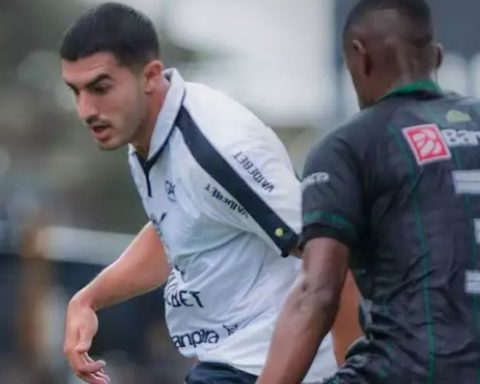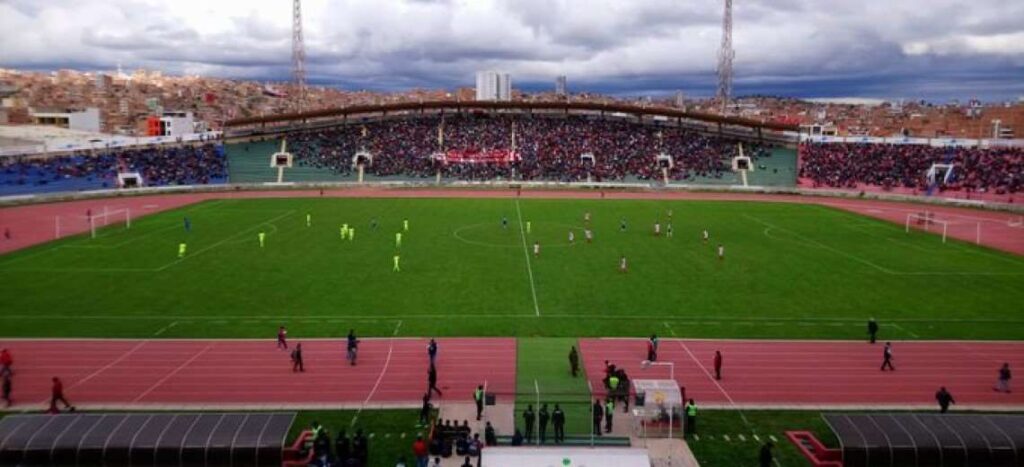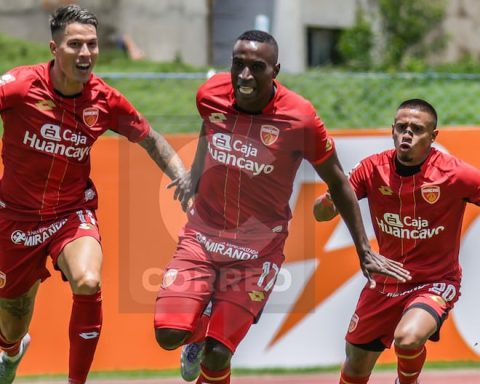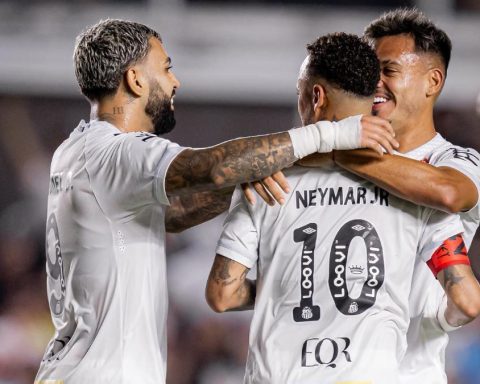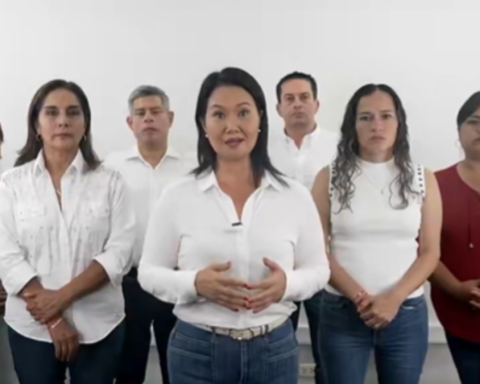After two academic years with distance or hybrid learning, due to the covid-19 pandemic, students from state and municipal schools in Rio de Janeiro return to classrooms tomorrow (7). In the capital alone, together with the two networks, there are 818,800 students returning to the city.
The Municipal and State Departments of Education, together with the Departments of Health, prepared health protocols for the 100% face-to-face return, but education professionals are apprehensive about the explosion of cases of the Ômicron variant in the state and fear outbreaks of covid-19. within schools.
The state network of Rio de Janeiro has 1,230 schools, with 23,000 classes and 678,200 students, essentially in high school. In the capital alone, there are 286 schools, with 5,872 classes and 189,000 students. According to the Secretary of State for Education of Rio de Janeiro (Seeduc), there is still no guidance on whether or not to charge proof of the vaccine against covid-19, both for workers and students. But, according to Seeduc, students, teachers and other education professionals are vaccinated.
The sanitary protocols to control the pandemic have not yet been published, but the secretary informs that it will continue to follow the guidelines of the Secretary of State for Health (SES-RJ), such as the use of sanitizing mat, availability of disposable masks to students and alcohol dispensers. in gel, flow signaling on the floor, informative posters and temperature measurement.
“With regard to the health care of students and servers, Seeduc-RJ informs that all health protocols will be published in a resolution together with the secretarias of Health and Science, Technology and Innovation in this regard. A manual with these guidelines is being sent to schools”, informed the secretary.
Last year, classes took place in hybrid models, with classes in the classroom on alternate days; and only remotely through the Applique-se application, through the Google Classroom platform and with printed material. “Within the app, the student could browse 24 hours a day, seven days a week, without using their data package. More than 6,500 teaching materials were created, including video classes, podcasts and study guidelines”, according to Seeduc.
capital
The city of Rio de Janeiro has 1,543 educational units in the Municipal Department of Education (SME) network, ranging from kindergarten to elementary school 2 and Youth and Adult Education (EJA), with a total of 629,800 students, 38 .6 thousand teachers and 13 thousand technical, administrative or operational professionals.
According to SME guidelines, 100% of the municipal network resumes face-to-face activities on the 7th. The hybrid scheme, with face-to-face and online classes, will only be adopted in special cases, such as people with comorbidities, who present symptoms of covid-19 or who test positive for the disease.
“With the great vaccination coverage achieved in the municipality, including a booster dose for priority groups, there are no more restrictions on the return of face-to-face activities. Special cases must be evaluated individually considering health and pedagogical aspects and any specific needs or care”, says the SME back-to-school health protocol.
Despite encouraging the vaccination of the entire school community, including the availability of schools for the application of doses, the SME will not require students to be vaccinated to attend classes.
“No child will be prevented from attending classes for not presenting proof of vaccination against covid-19. The focus of the Municipal Department of Education of Rio, at the moment, is on organizing the vaccination of children and raising awareness of parents and guardians”, informed the SME.
As for teachers and other professionals, there is a provision by the city hall to collect proof of vaccination from all civil servants in the municipality, but the measure is suspended for court injunction.
case of symptoms
In the event of identification of students or education workers with symptoms of covid-19, the health protocol provides for the person to be referred for testing and treated in the primary health care network. If contamination is confirmed, the patient is in home isolation for seven days. If the test is negative for covid-19, but symptoms persist, the person must be isolated for five days.
Anyone who has had contact with the confirmed case should be tested. If it is positive, isolation is carried out for seven days, if it is negative, you can continue to attend school. In the case of isolation of teachers, their classes are transferred to the remote system, if there is no substitute.
Symptom monitoring should begin at home. “Servers, parents, guardians and students should measure their body temperature and check for other flu symptoms before going to the school unit and when returning”, recommends the secretary. If the temperature is equal to or greater than 37.5°C or you have two or more symptoms, the recommendation is to stay at home and inform the school unit.
The use of cafeterias, playgrounds and recess time should be staggered between classes. Each school unit must also set up a Local Health and School Environment Committee, formed by representatives of the management, teachers, employees, students and parents and guardians.
Workers
Education professionals are apprehensive about the face-to-face return to schools, amid the high contagion by the Ômicron variant of the new coronavirus. For the general coordinator of the State Union of Education Professionals of the State of Rio de Janeiro (Sepe-RJ), Gustavo Miranda, the return should be linked to the advance in the vaccination of students.
“People have to be held responsible for not returning immediately to face-to-face classes, for those who did not produce or distribute the vaccine quickly, only returning those who are already vaccinated. We know it’s terrible, but there is the palliative of synchronous classes, so those who haven’t vaccinated will have an online class, as it is being done, transmitted, even vaccinated. And parents and guardians who choose not to vaccinate their children will be responsible before the courts and before society, including in relation to their children, for their non-return. Vaccination is not a case of individual decision.”
Miranda points out that many schools do not have the structural conditions to put into practice the distancing mechanisms required to minimize the spread of the virus.
“The relay is a paliatio, it is bad pedagogically, as the student needs to interact with other students to develop pedagogically, but it was the solution found. We were in favor of the rotation because the schools were not, and are not prepared now, to receive the crowded classes. Because the acclimatization process, which advanced due to the struggle of the union and pressure from society, made the classrooms adapted for closed rooms, with air conditioning, without windows, so how are you going to put 40, 50 students there? ”
According to the SME protocols, the use of fans and air conditioning in classrooms is allowed “as long as the door and windows are always open to allow air circulation”.
Miranda also criticizes the relaxation of the protocols defined for the isolation of people who test positive for covid-19, which went from ten to seven days. “The Ômicron is less lethal, but it spreads quickly, so it was necessary to maintain the isolation logic”, she warns.
“There is a policy in the case of contamination of schools that the government has been loosening. In this case, just keep the child away, not close the class. This is a danger, because you actually run more risks of contaminating the class. We think caution is warranted. We are talking about environments in which 1,500 people circulate, it is not a small environment. Full classrooms, big schools.”
